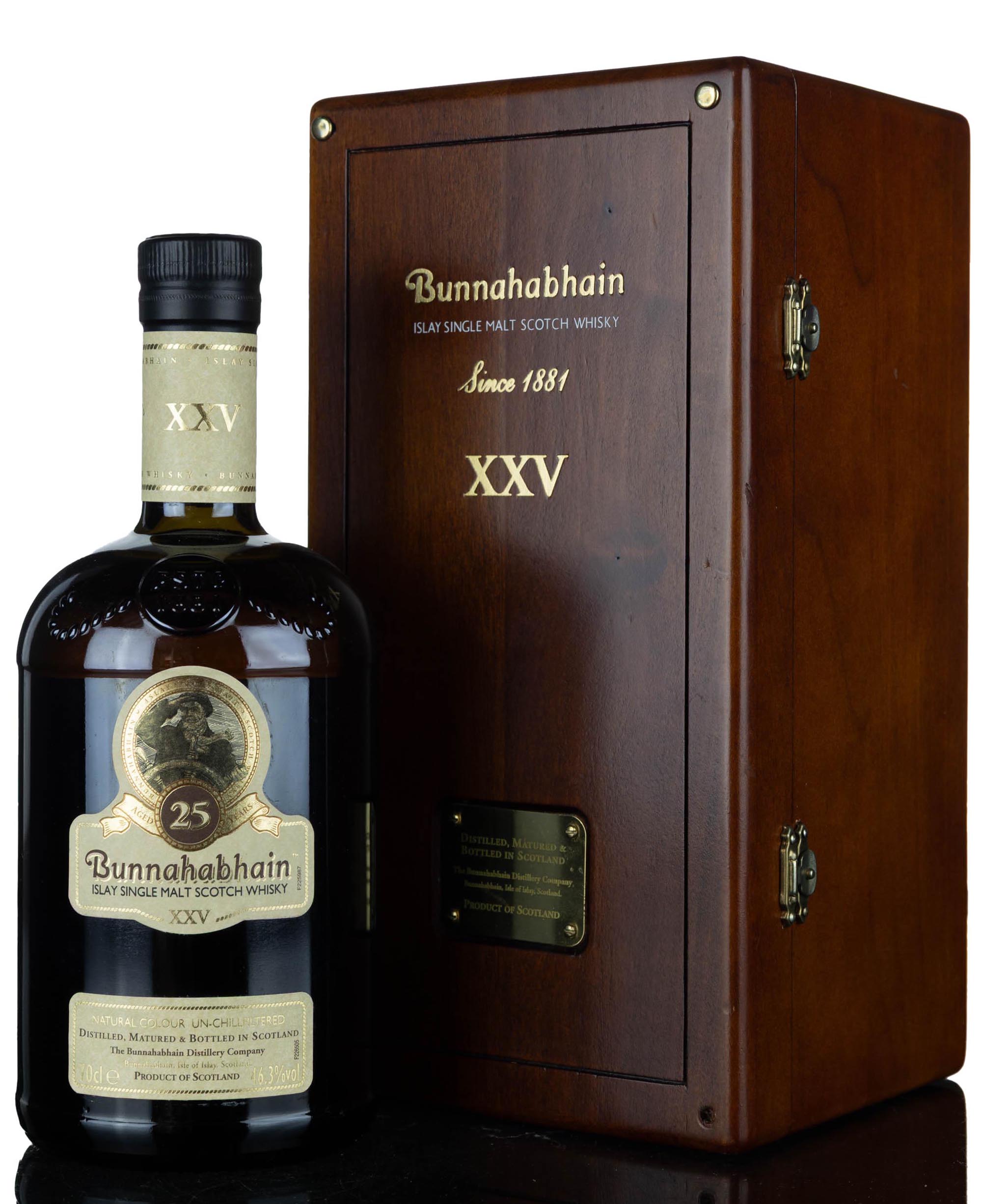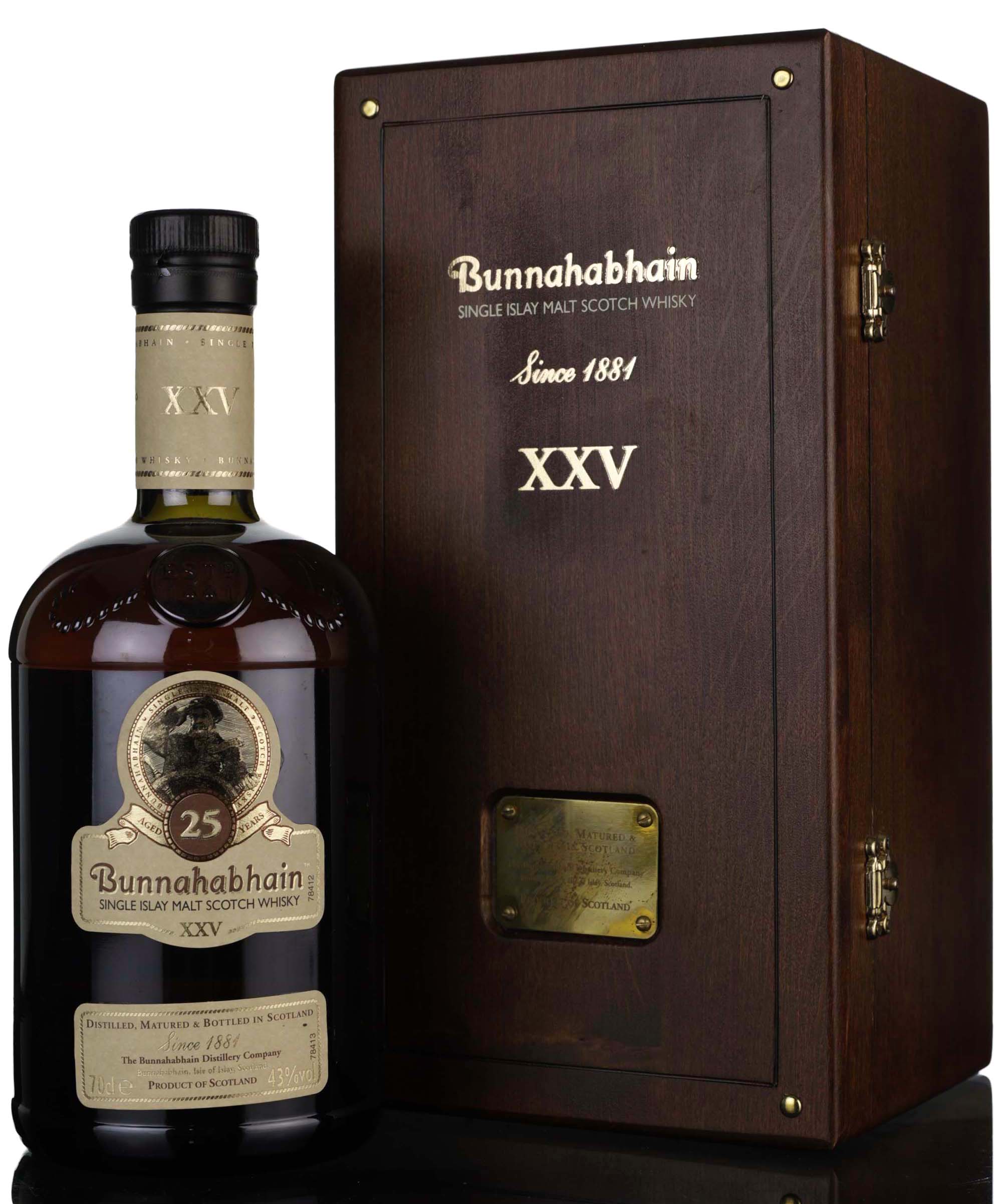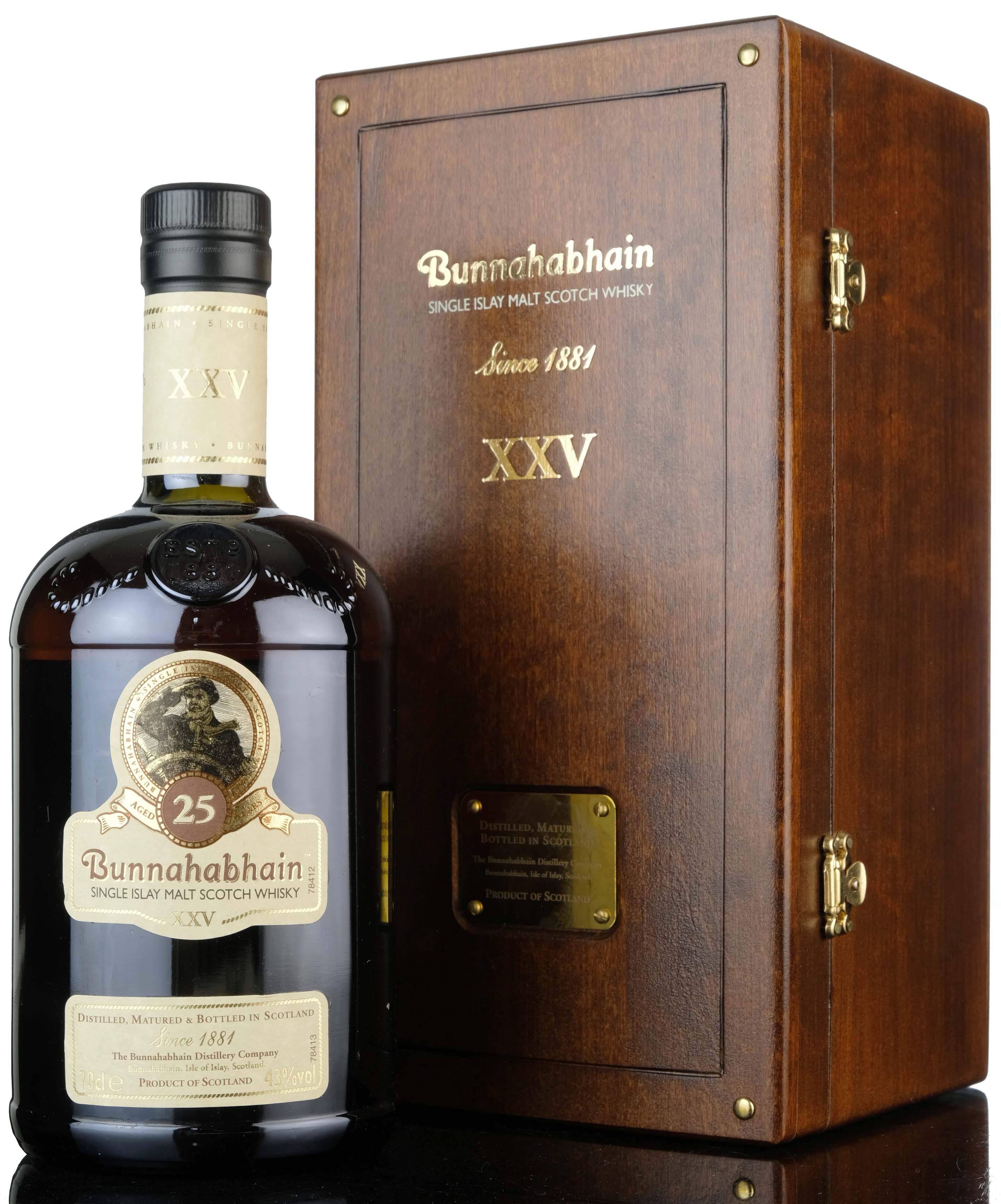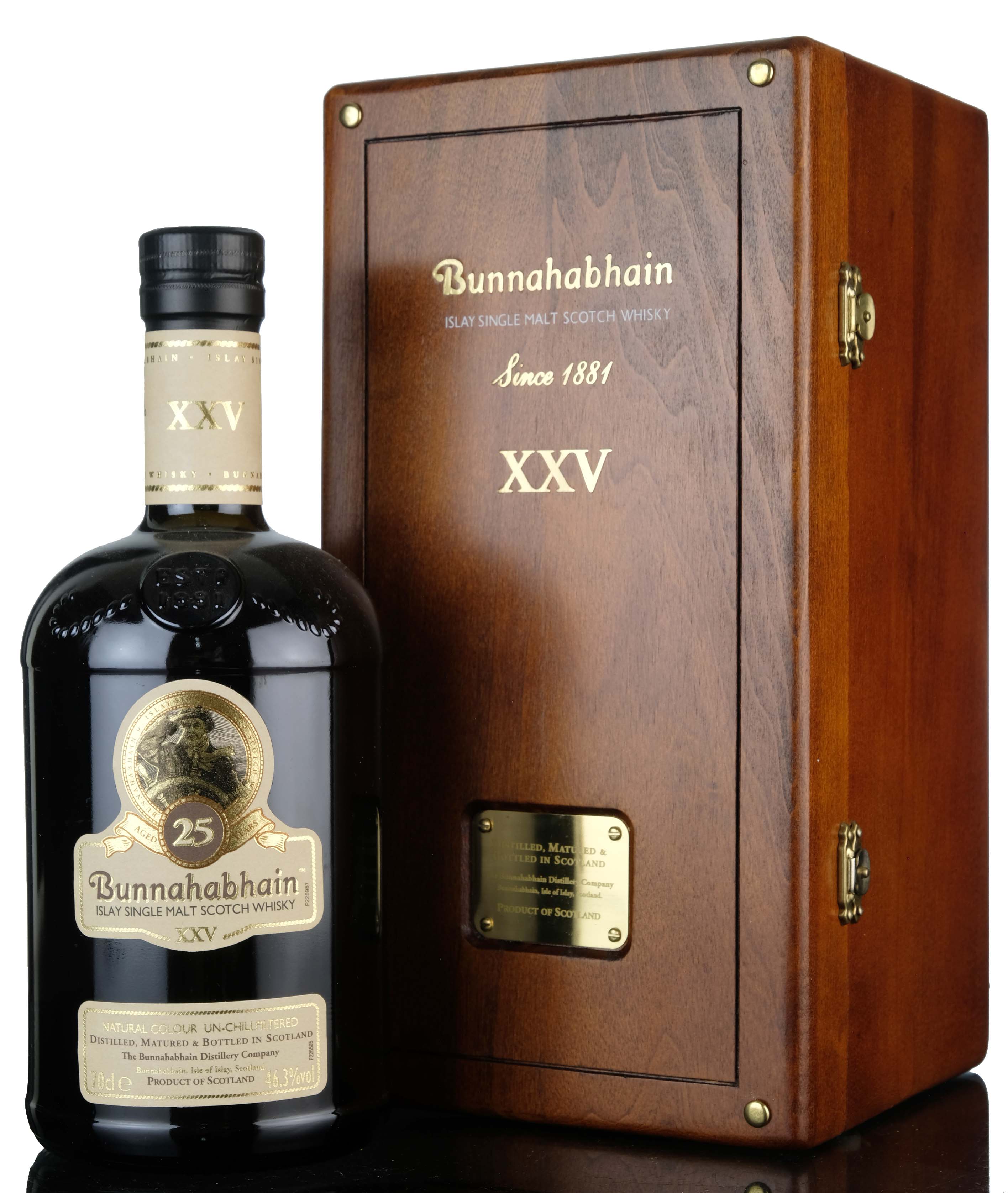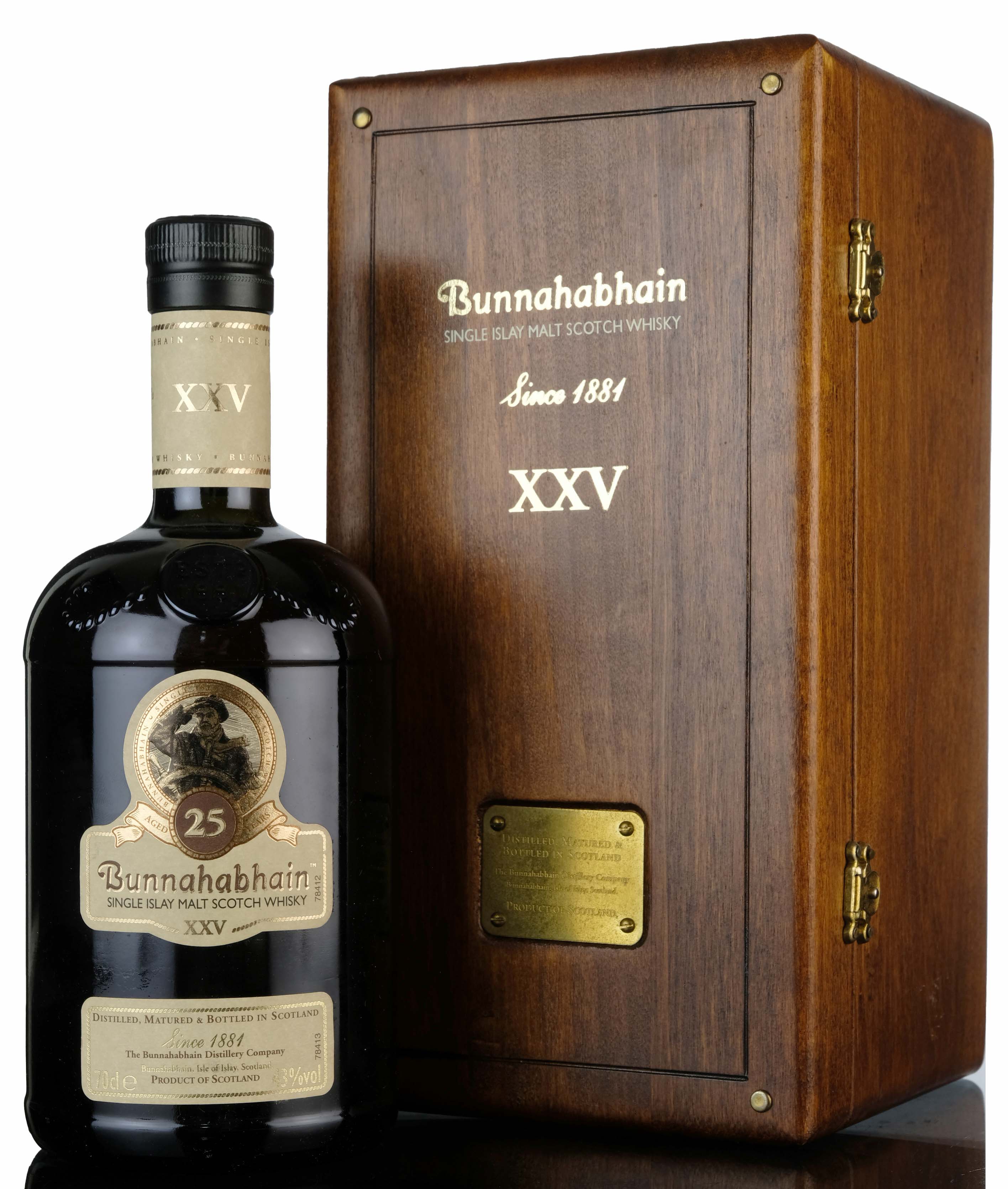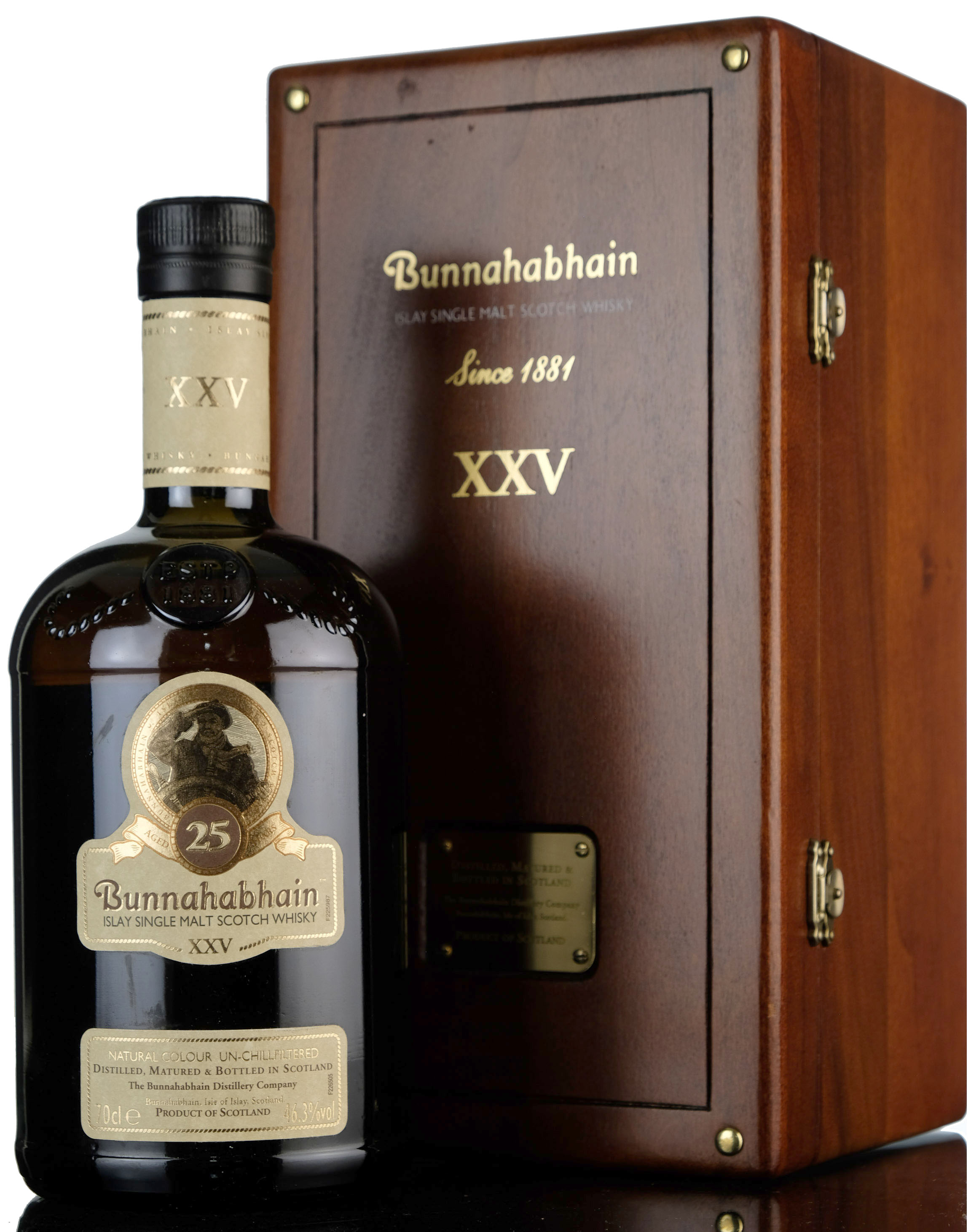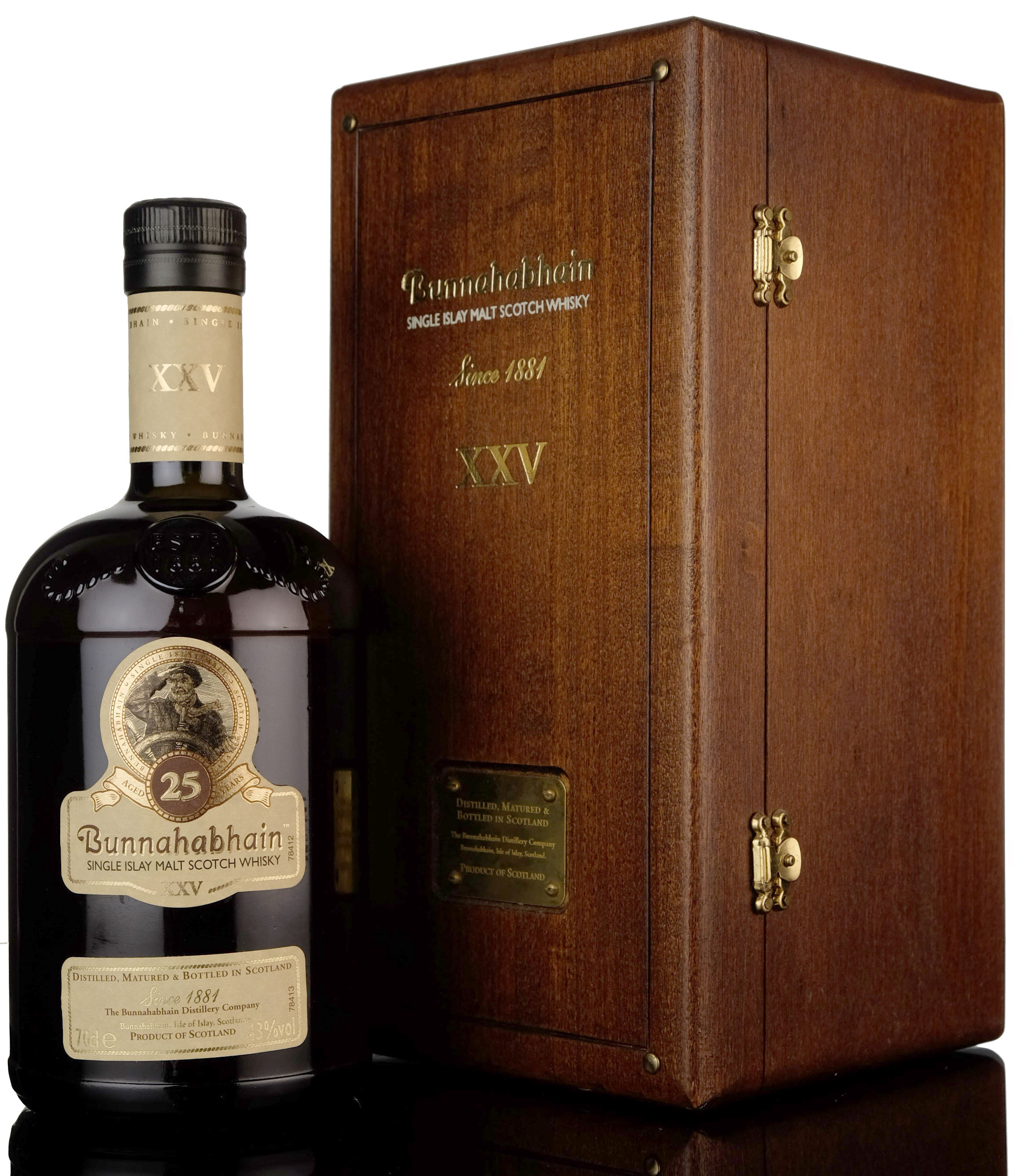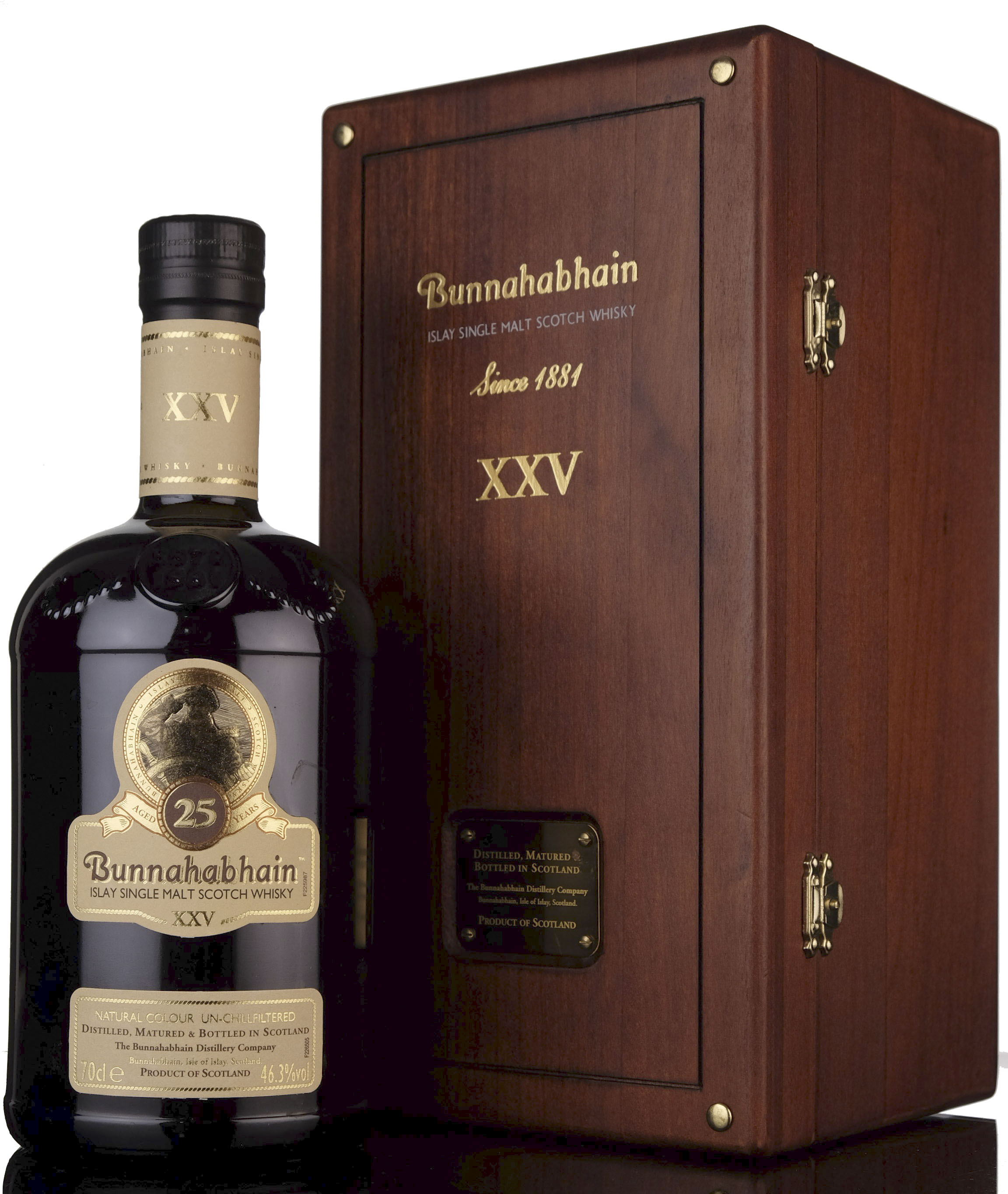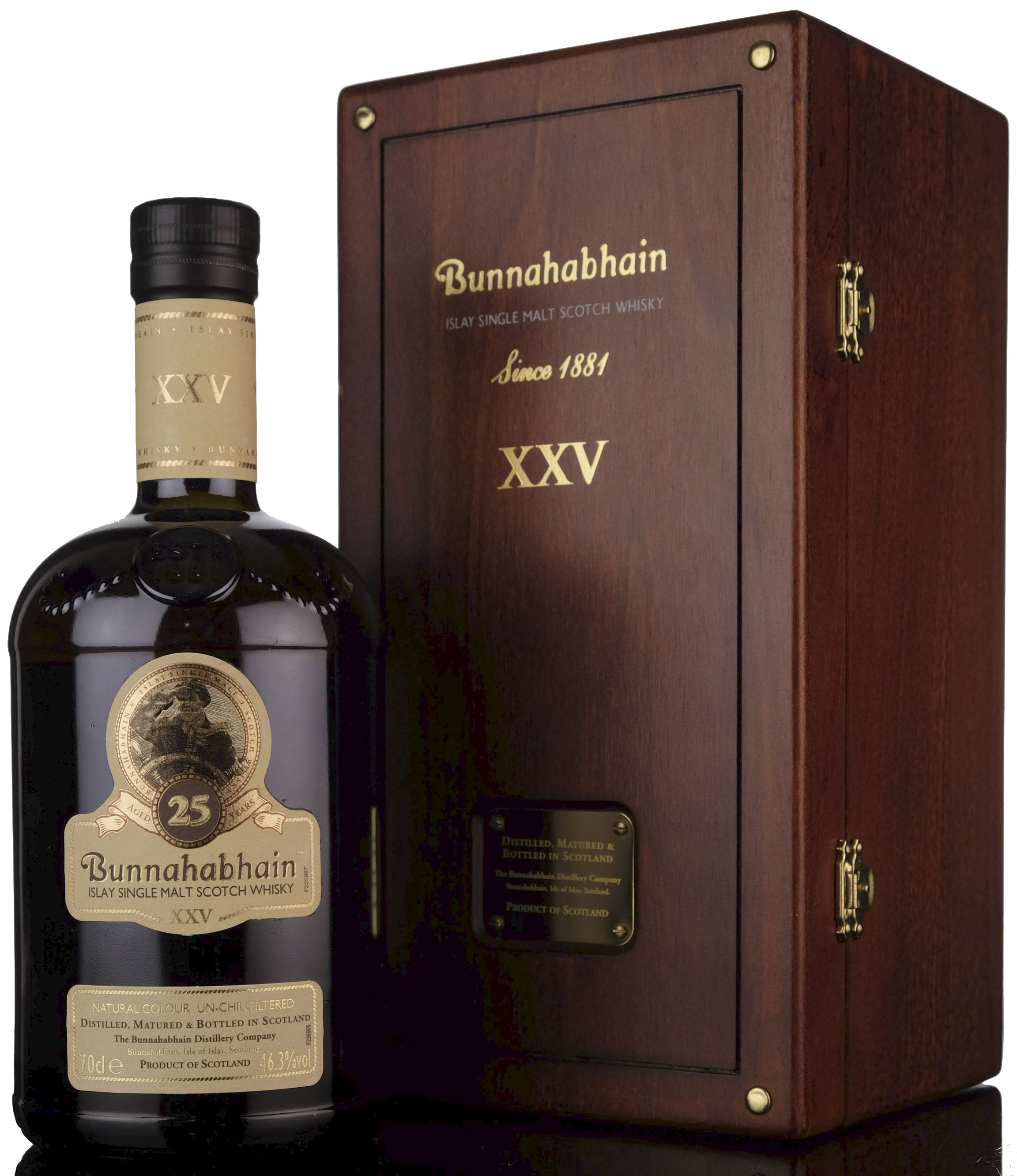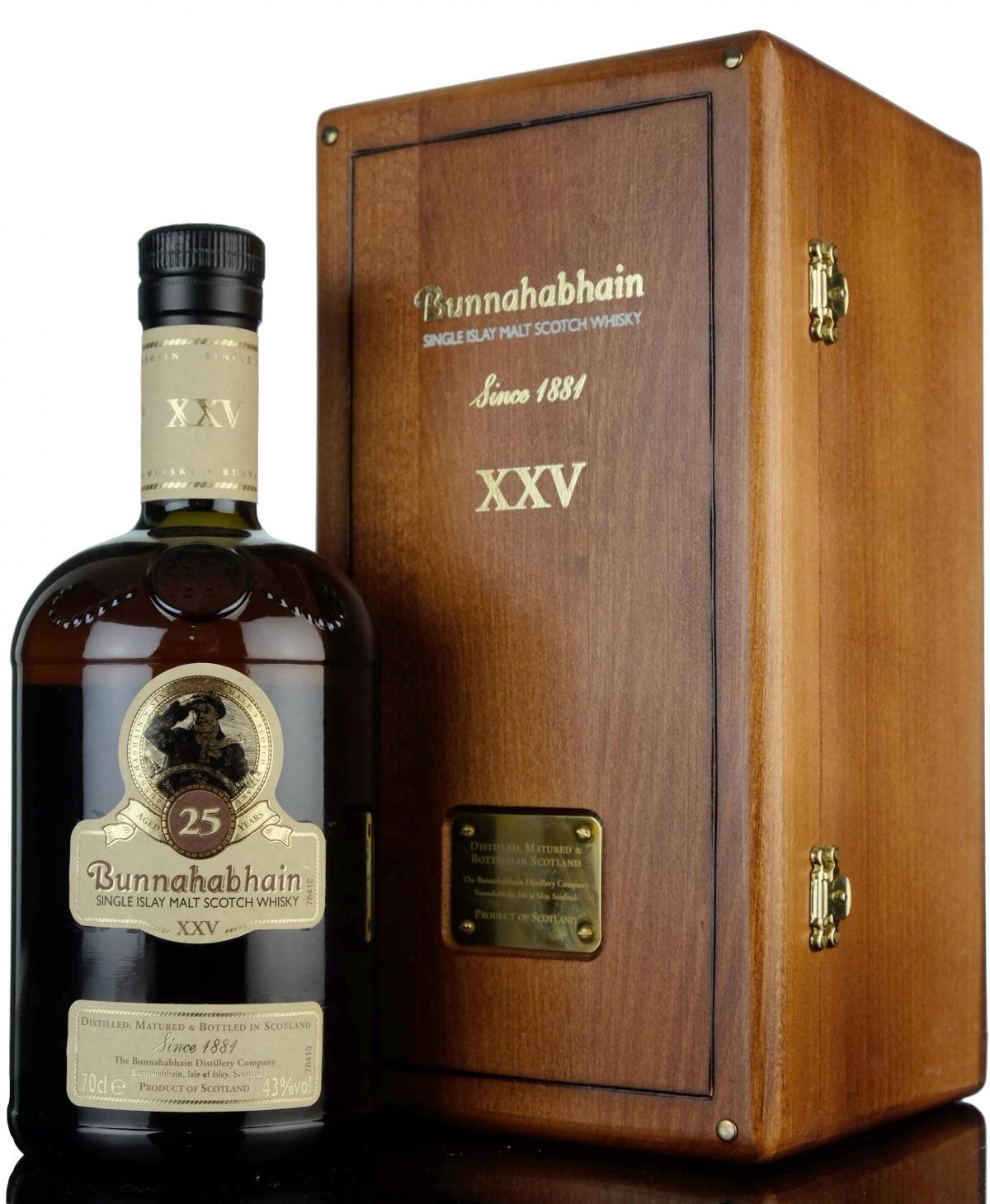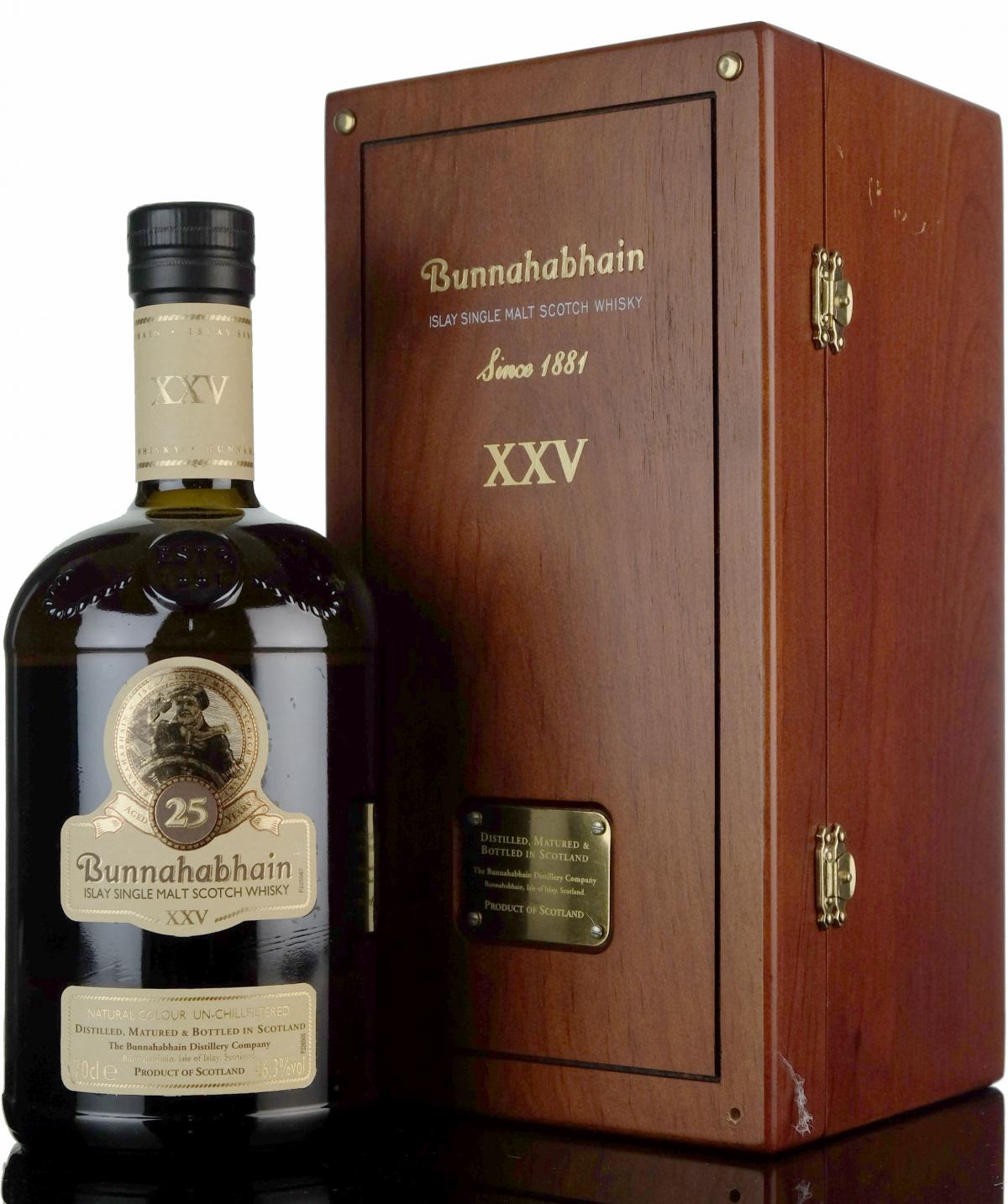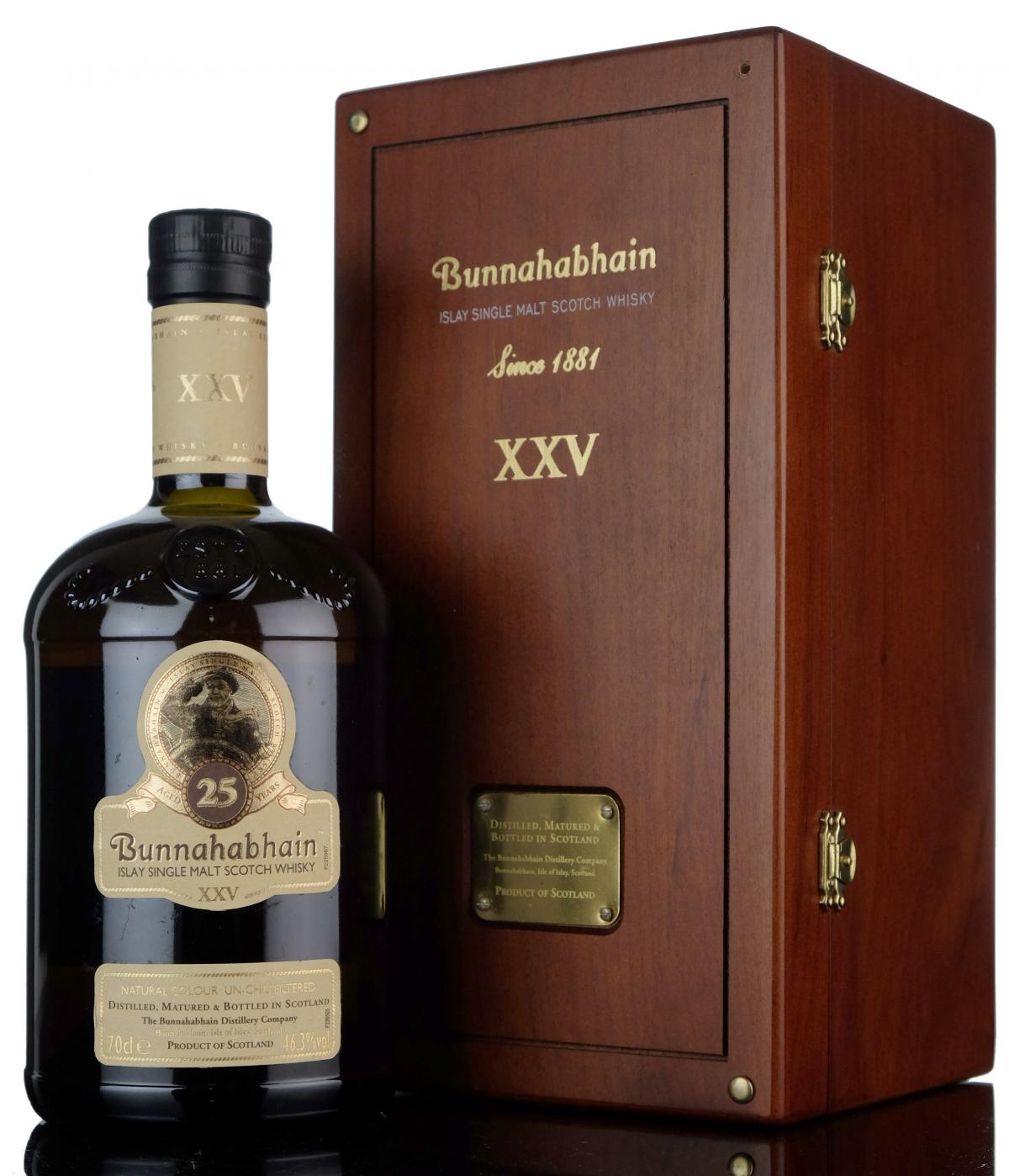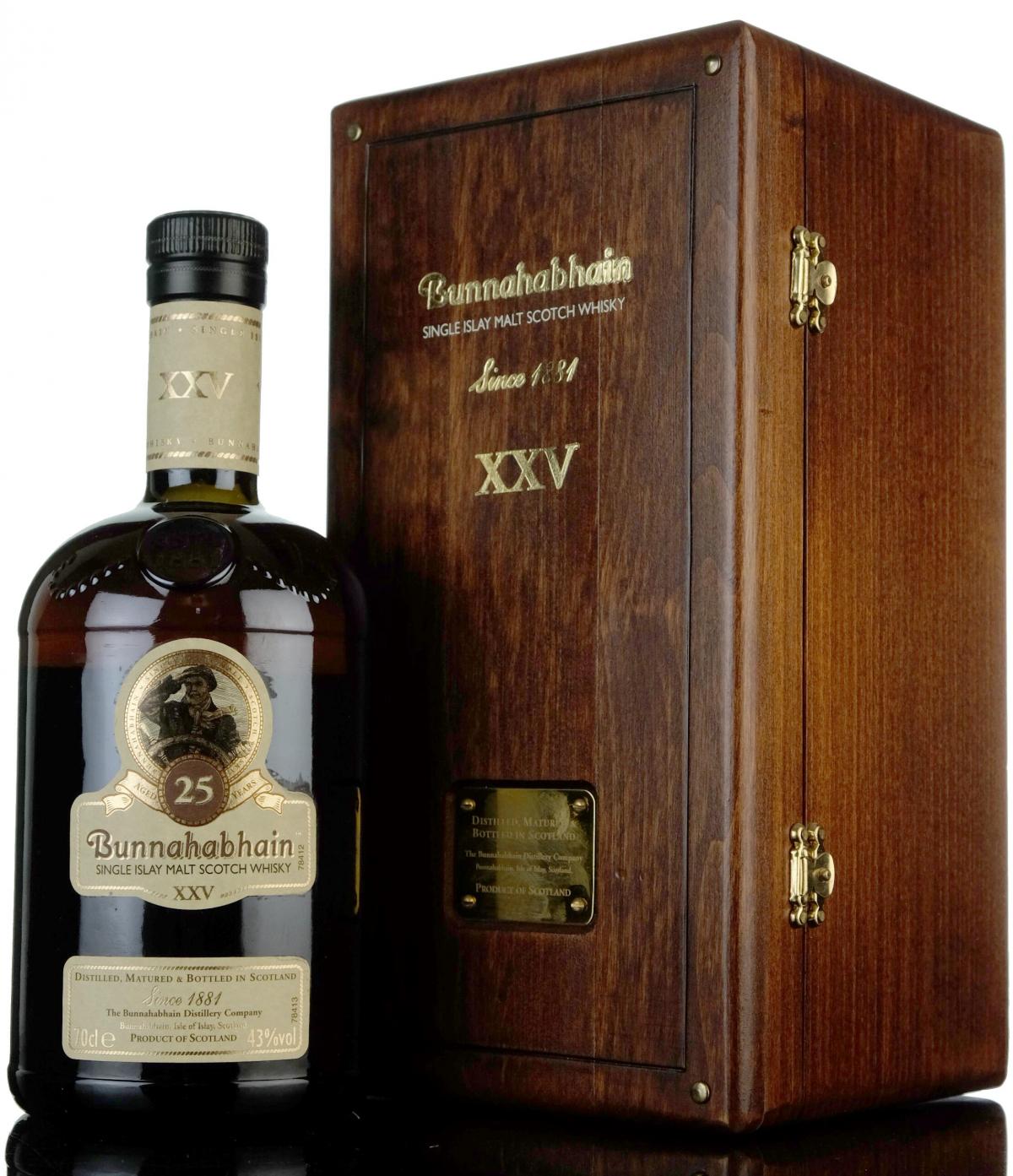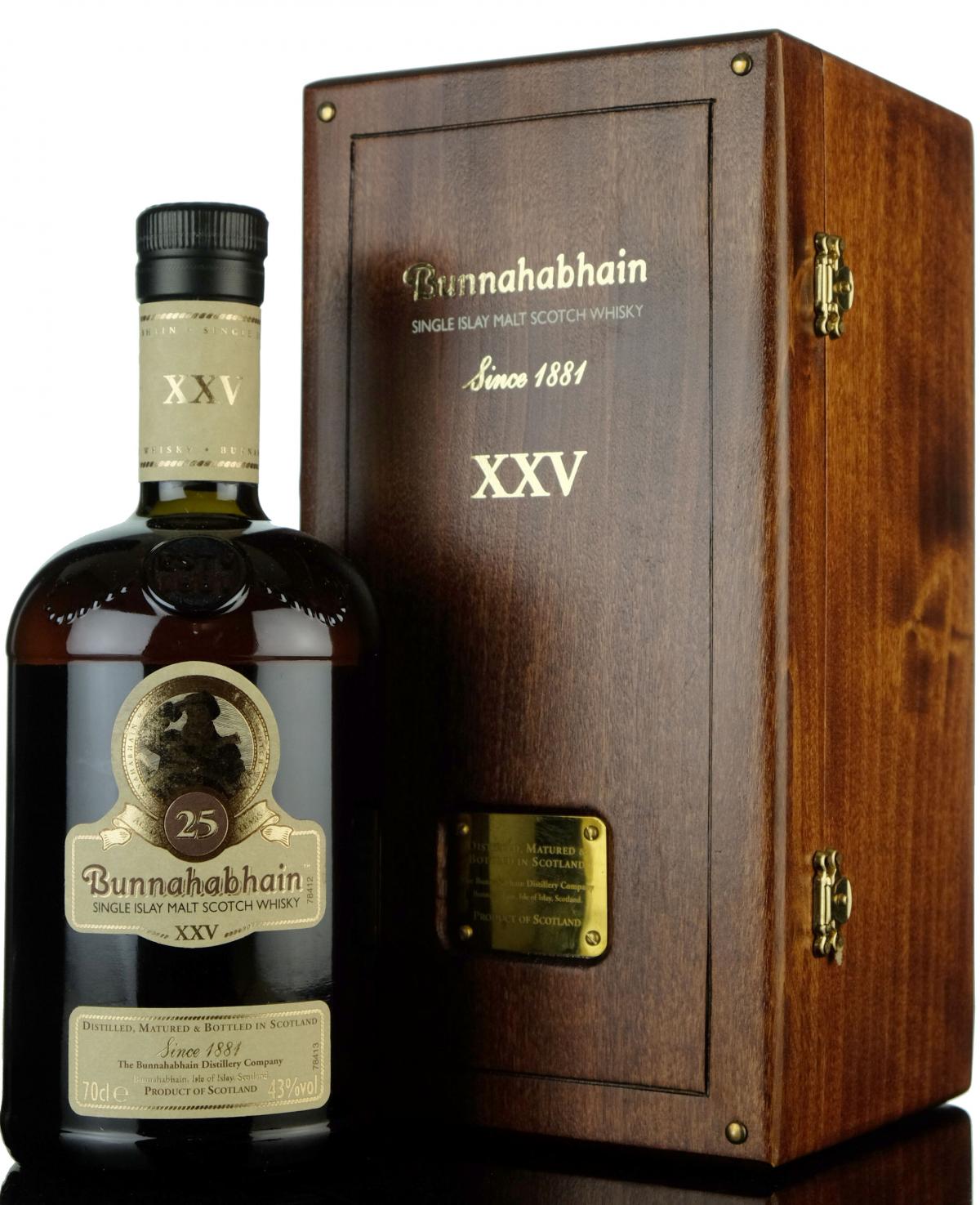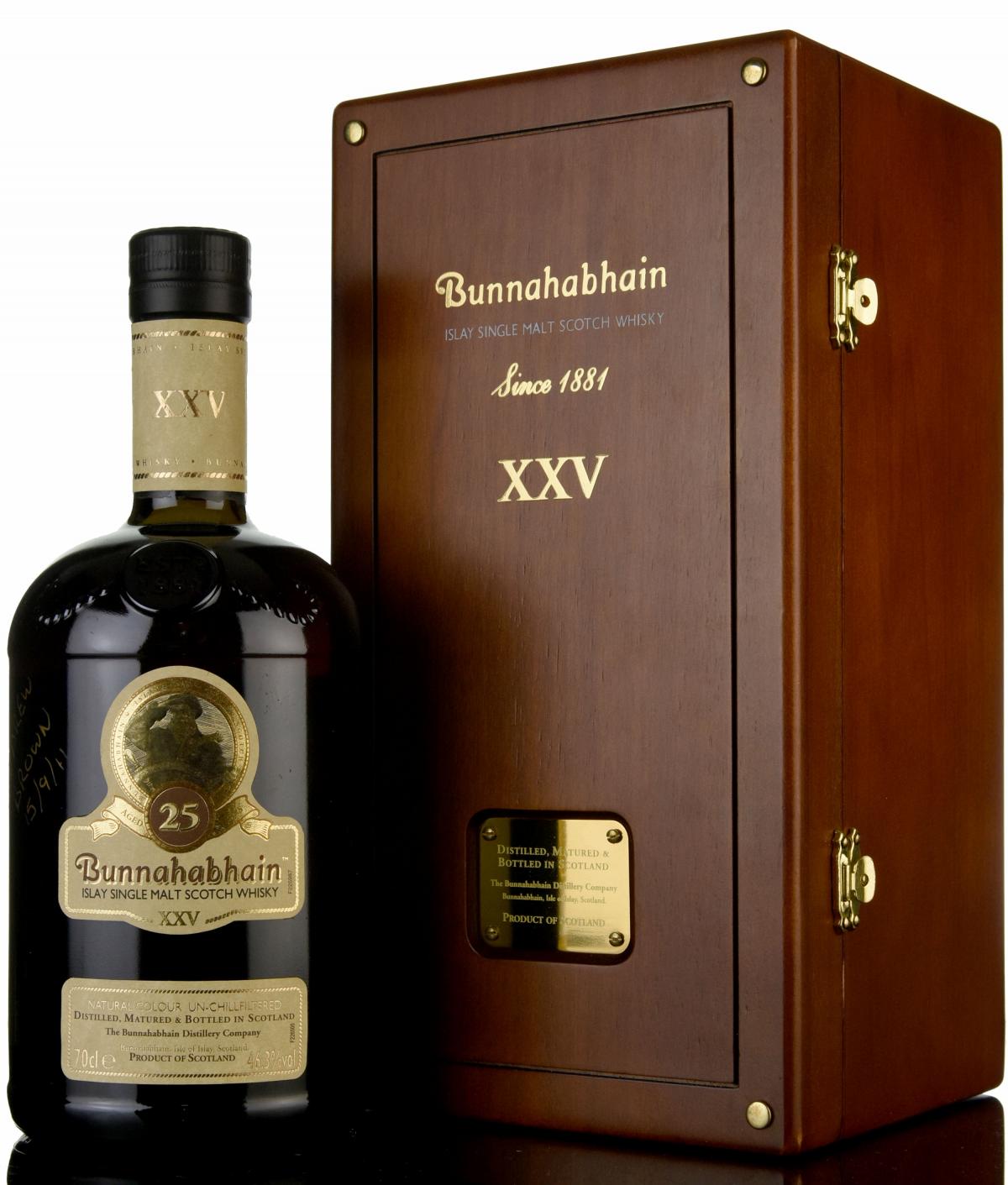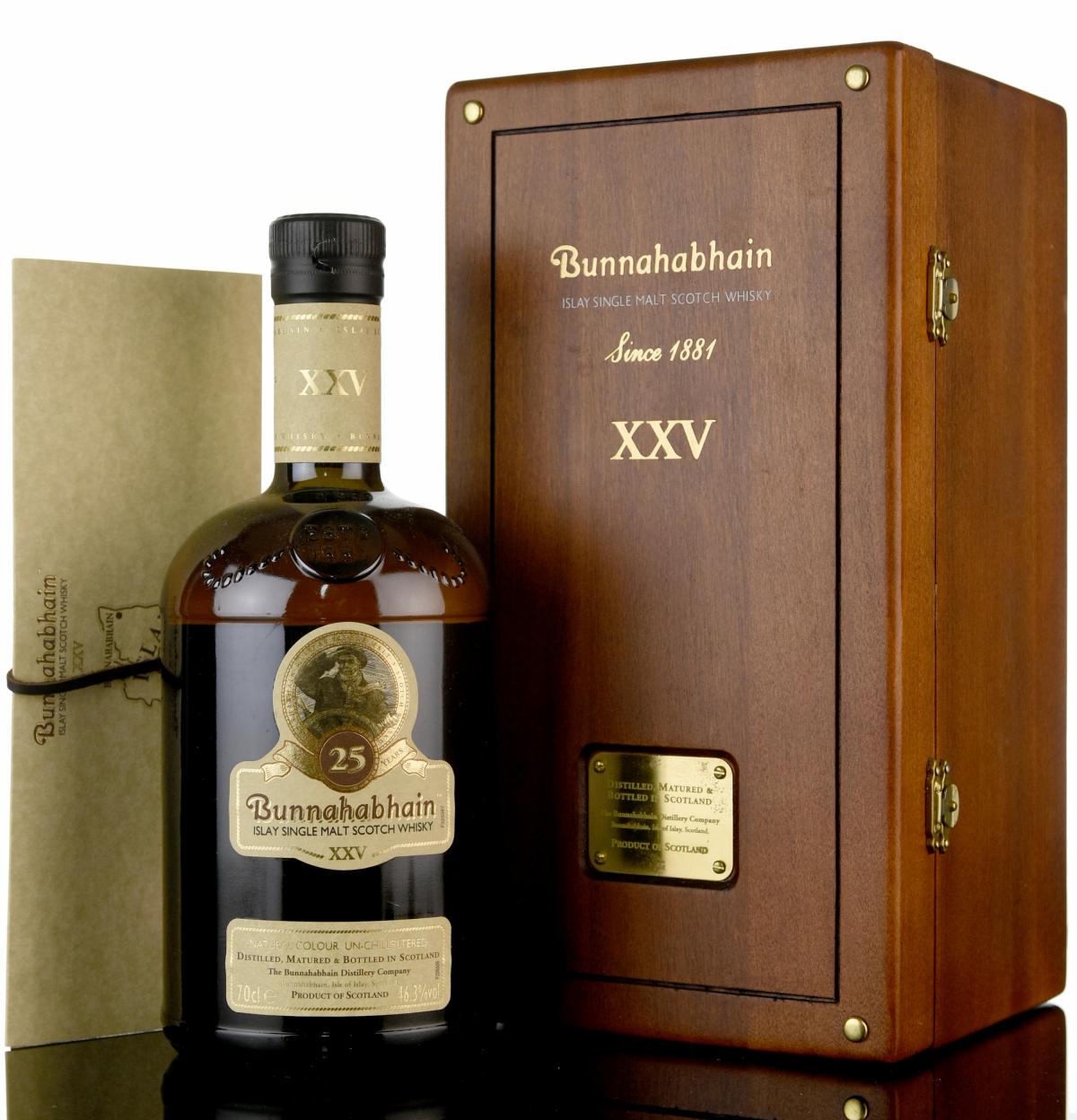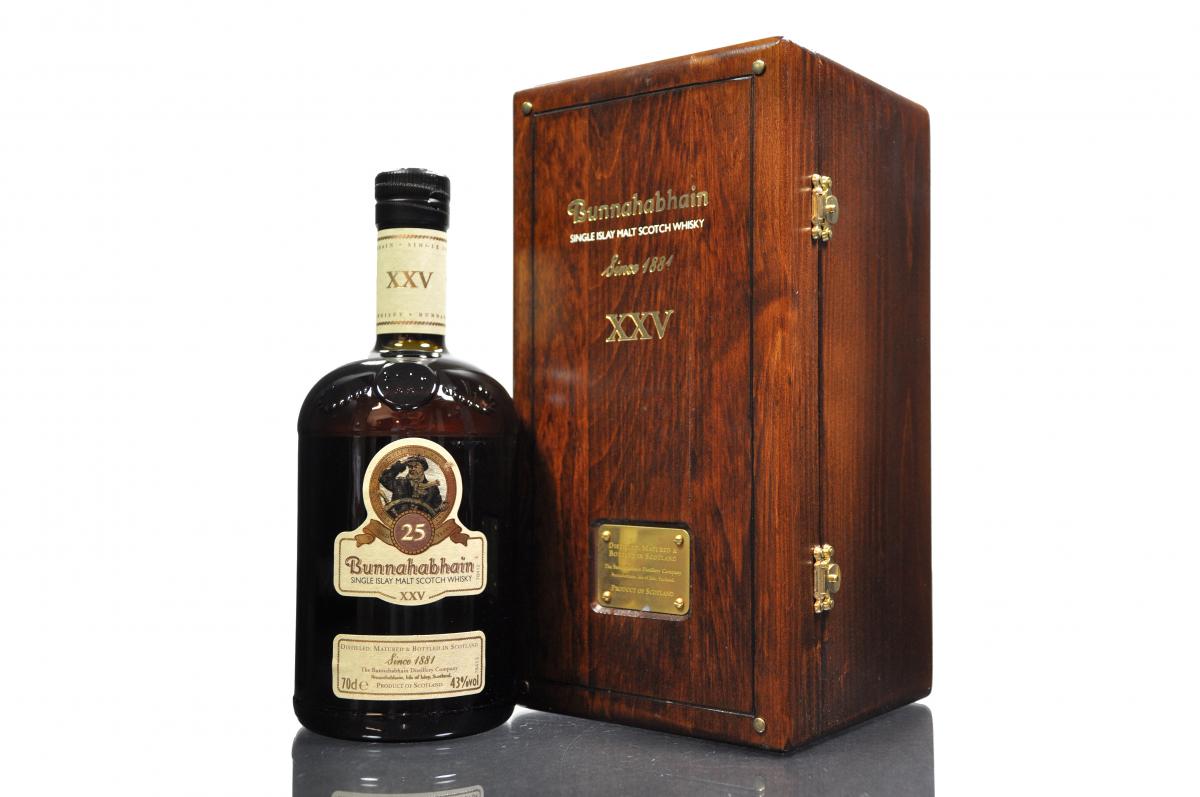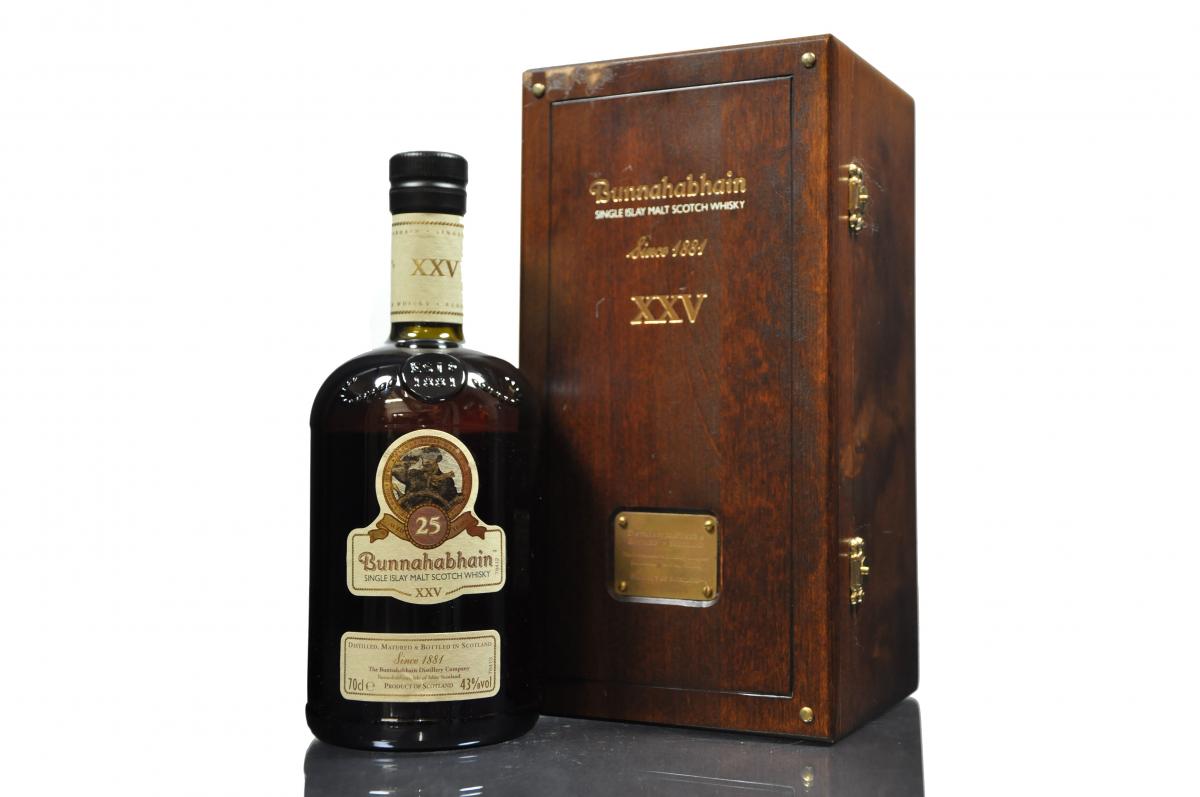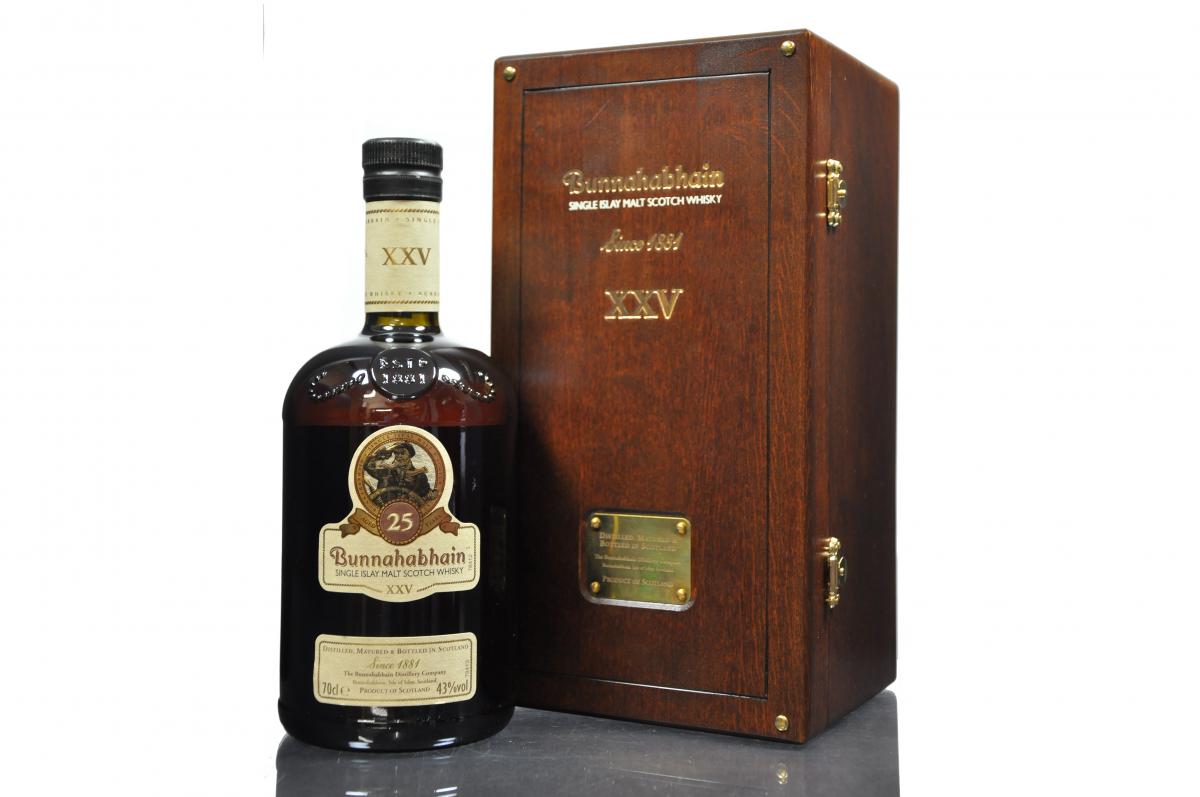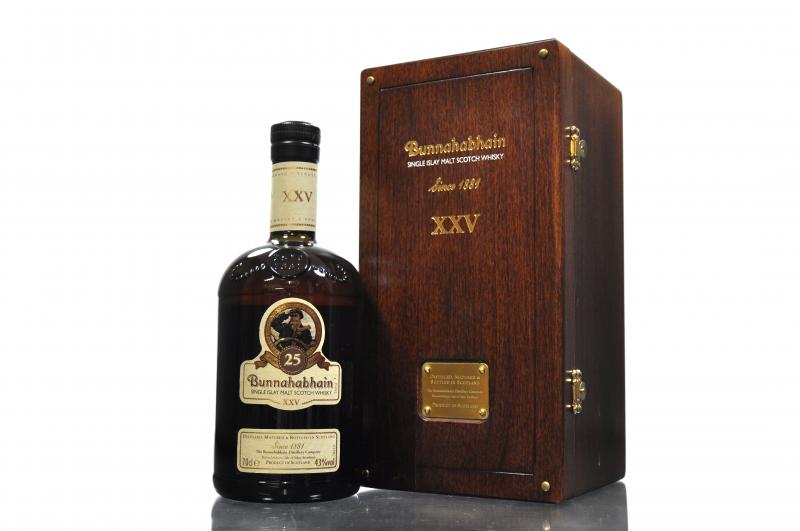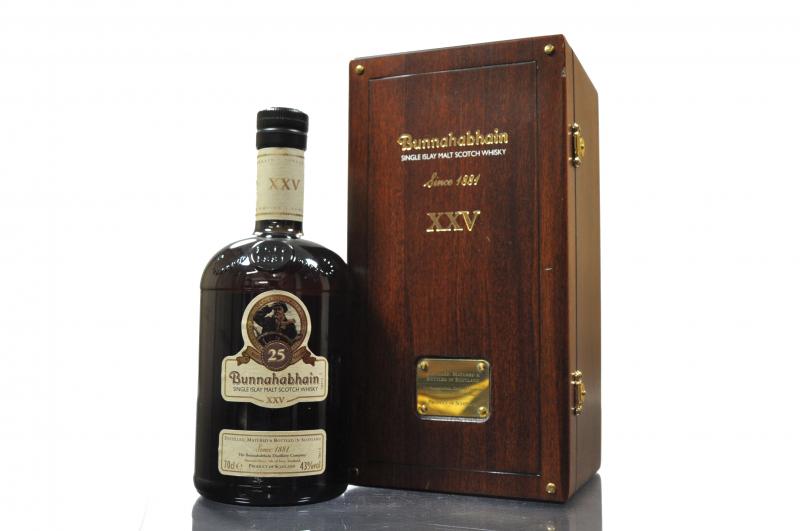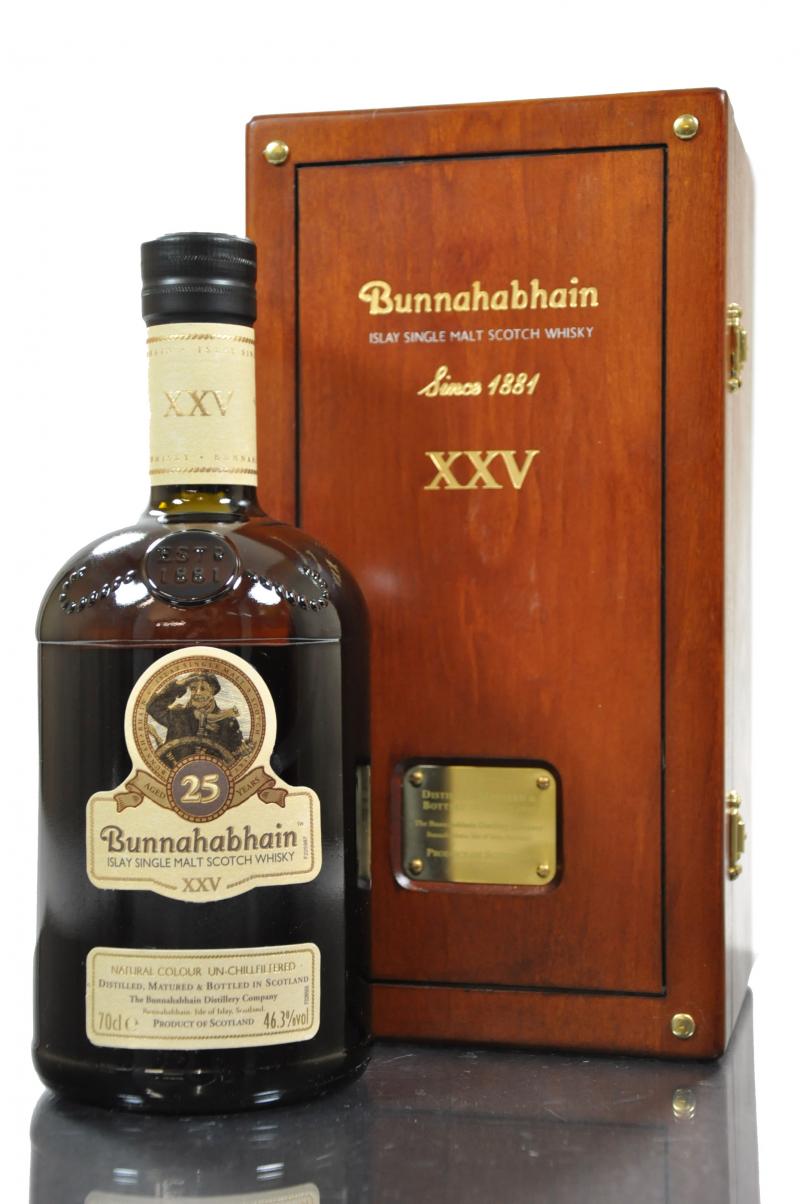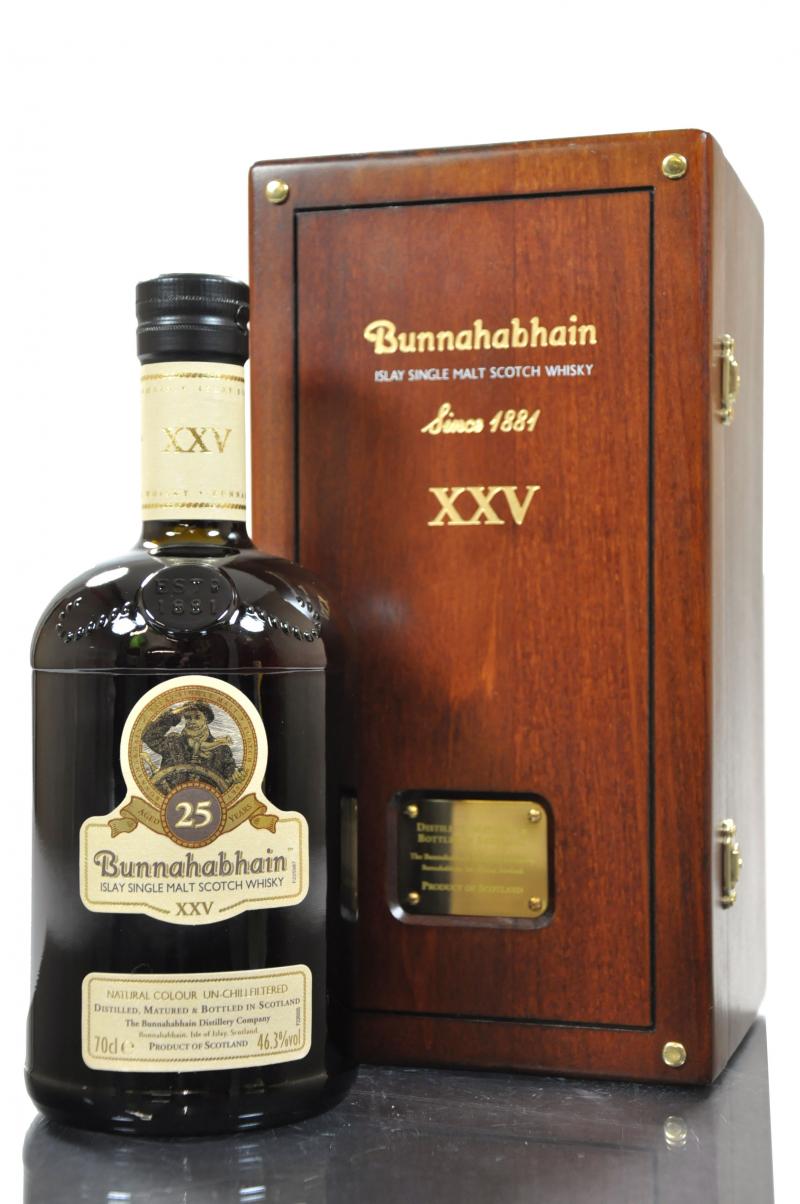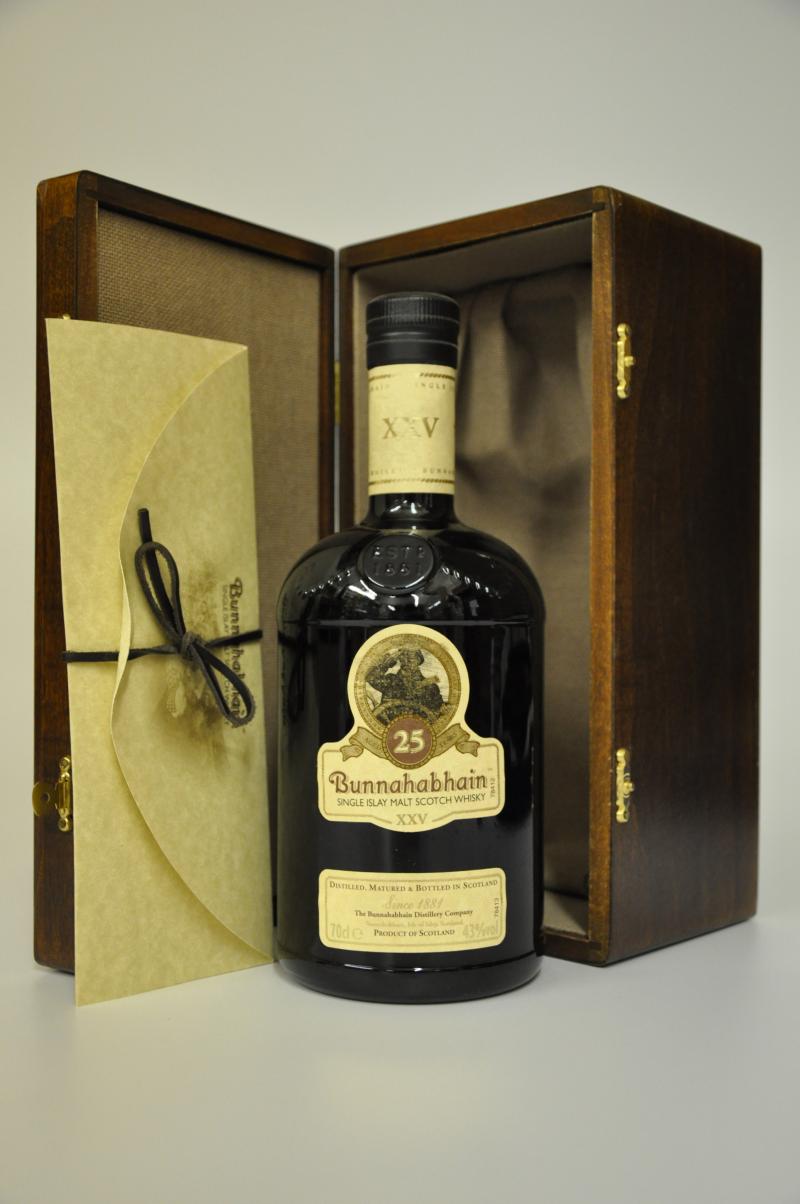Total Lots Sold:
29
View Lots
Do you have this bottle for sale?
SELL IT TODAYHAMMER PRICE OVER TIME
This graph displays data solely from Whisky-Online Auctions past sales history. Please note the filling level of the liquid and the condition of an item can affect the price negatively, so please check individual Lot sales below if there's a sudden dip in the graph.
HAVE ONE FOR SALE?
Submit your details along with an image and a description of your bottle. We'll then be in touch with the best way to proceed.
WHY SELL WITH WHISKY-ONLINE AUCTIONS?
0% Sellers Commission
Free Collections Available
Over 30 Years In The Whisky Industry
Over 1,700 Five Star Trustpilot Reviews
We Sell The Rarest Whiskies Ever Bottled
Global Buying Audience Including Far East Buyers
Bespoke Auction Platform
Thousands Of Active Bidders
Large Database Of Newsletter Subscribers
Over 36k Social Media Followers
Bunnahabhain 25 Year Old - XXV
Bunnahabhain 25 Year Old. XXV. 70cl. 43%.
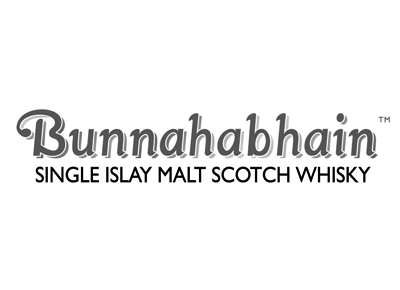
Bunnahabhain was founded in 1881, the same year as the other traditionally unpeated Islay whisky, Bruichladdich. Bunnahabhain was owned by Highland Distillers for over a century; when Edrington took full control in 1999 the distillery was mothballed, and in 2003 Bunnahabhain was sold to Burn Stewart Distillers. Distell International bought Burn Stewart in 2013 after previous owners CL Financial went bust.
Highland Distillers bottled Bunnahabhain’s unpeated Islay malt whisky as a 12-year-old from the 1970s onwards. Burn Stewart added older expressions to the core range and now release many single casks and limited editions, some of which use peated Bunnahabhain, which has been produced since the late 1990s. In 2010 the bottling strength of Bunnahabhain’s whiskies was increased to 46.3% and colouring and chill filtration were discontinued; sales increased by 160% over the next ten years. Independent bottlings of both unpeated and peated Bunnahabhain are easy to find and generally high quality.
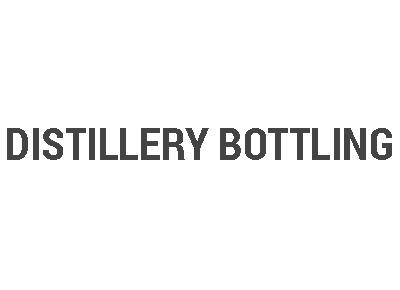
Distillery bottlings are, as the name suggests, bottled by or for the distillery from which the whisky has originated and are thus often referred to as Official Bottlings or OBs. Distillery bottlings are generally more desirable for collectors and usually fetch higher prices at auction than independent bottlings. They are officially-endorsed versions of the whisky from a particular distillery and are therefore considered the truest expression of the distillery’s character.
This ideal of the distillery character is regarded so seriously by the distilleries and brand owners that casks of whisky that are considered to vary too far from the archetype are frequently sold on to whisky brokers and independent bottlers. When this happens, it is often with the proviso that the distillery’s name is not allowed to be used when the cask is bottled for fear of diminishing or damaging the distillery’s character and status.


